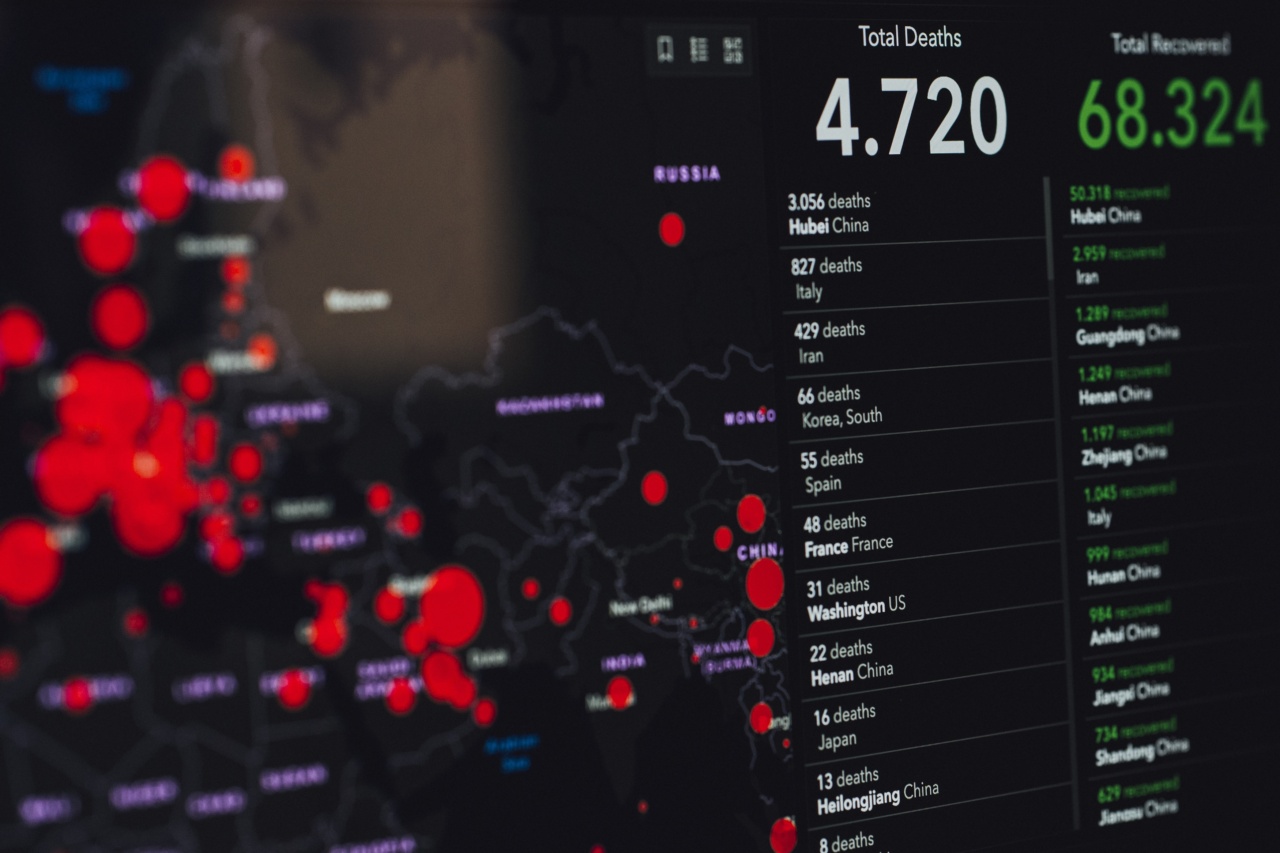You may not know it, but there is a looming danger waiting to affect you and your loved ones. This hidden disease can go undetected for years, and when symptoms finally show up, it may be too late.
This disease is non-communicable, chronic, and responsible for more than 70% of deaths worldwide. The disease is none other than.
Hypertension
Also known as high blood pressure, hypertension is a condition where the force of blood against the walls of your blood vessels is too high.
Over time, this can damage the vessels and lead to serious health complications such as heart attacks, strokes, and kidney failure.
The Silent Killer
One of the most dangerous things about hypertension is that it is often asymptomatic. This means that you could be living with high blood pressure and not even know it.
Sometimes, symptoms such as headaches, shortness of breath, and nosebleeds may be experienced, but they are not always present.
This is why hypertension is often referred to as the “silent killer” – it can be doing irreparable damage to your body without your knowledge.
What Causes Hypertension?
There is no single cause of hypertension, but certain factors increase the risk of developing the disease. These factors include:.
- Family history: hypertension tends to run in families
- Poor diet: consuming too much salt, fat, and sugar can increase blood pressure
- Lack of physical activity: a sedentary lifestyle can lead to weight gain and hypertension
- Stress: stress can cause temporary increases in blood pressure
- Smoking: nicotine raises blood pressure and damages blood vessels
How is Hypertension Diagnosed?
The only way to know if you have hypertension is to get your blood pressure checked. This can be done at a doctor’s office, a clinic or hospital, or even at home using a blood pressure monitor.
A blood pressure reading consists of two numbers – the systolic pressure (the higher number) and the diastolic pressure (the lower number). A reading of 120/80 mmHg is considered normal. A reading of 140/90 mmHg or higher is considered hypertension.
How is Hypertension Treated?
If you are diagnosed with hypertension, your doctor may recommend lifestyle changes or medication. Lifestyle changes can include:.
- Eating a healthy diet
- Reducing salt intake
- Exercising regularly
- Quitting smoking
- Reducing alcohol intake
Medications for hypertension work in different ways, but they all aim to lower blood pressure. Some common medications include:.
- Diuretics: these medications help your body get rid of excess water and salt, which can lower blood pressure
- Beta-blockers: these medications slow your heart rate and decrease the force of your heartbeat, which can lower blood pressure
- ACE inhibitors: these medications relax blood vessels and decrease the amount of angiotensin II (a hormone that narrows blood vessels), which can lower blood pressure
- Calcium channel blockers: these medications relax blood vessels and decrease the amount of calcium that enters the heart and blood vessel walls, which can lower blood pressure.
The Importance of Controlling Hypertension
Hypertension is a chronic disease that can lead to serious health complications if left untreated. By controlling hypertension, you can reduce the risk of heart attacks, strokes, and kidney failure.
It is important to get your blood pressure checked regularly and follow your doctor’s recommendations for treatment.
Conclusion
In conclusion, hypertension is a hidden danger that can affect anyone. The key to preventing and controlling hypertension is by understanding the risk factors and getting your blood pressure checked regularly.
By making lifestyle changes and taking medications as prescribed, you can reduce the risk of serious health complications and live a longer, healthier life.






























